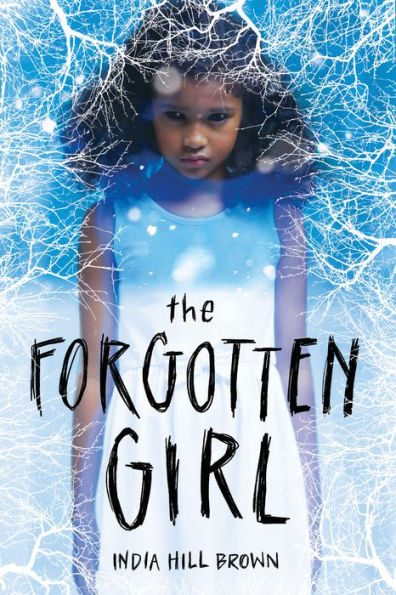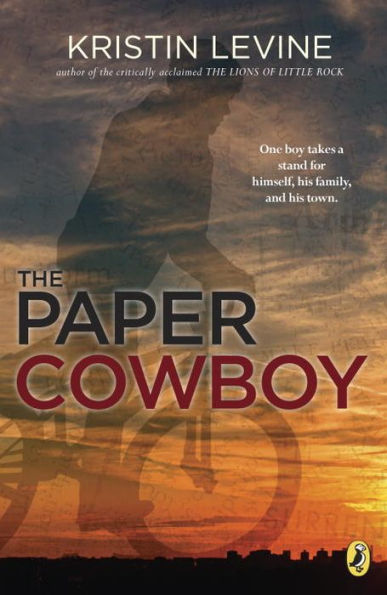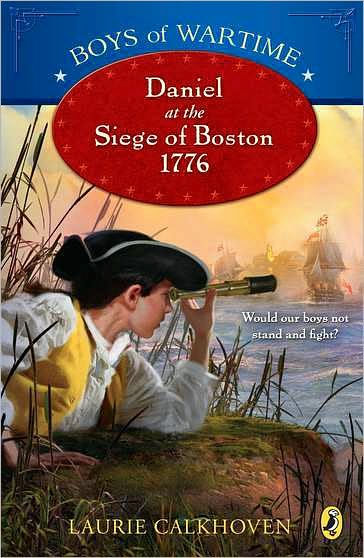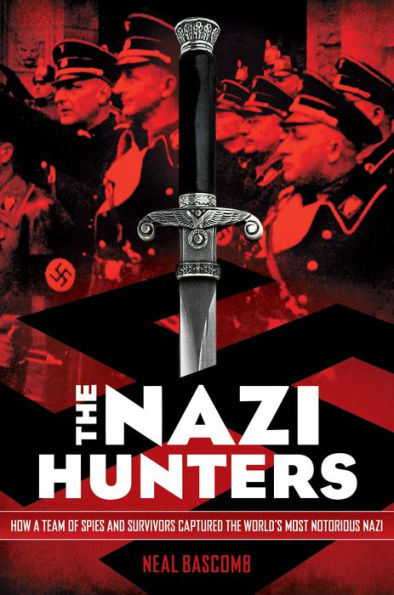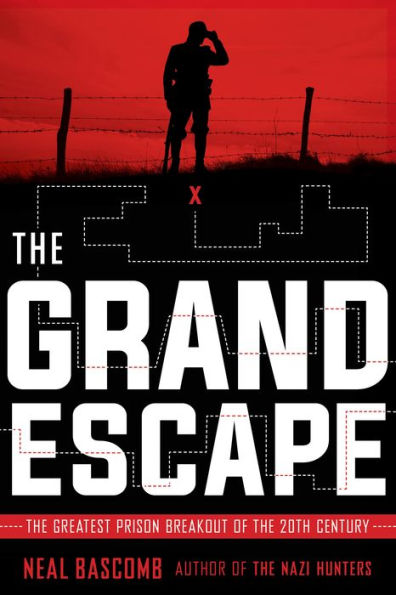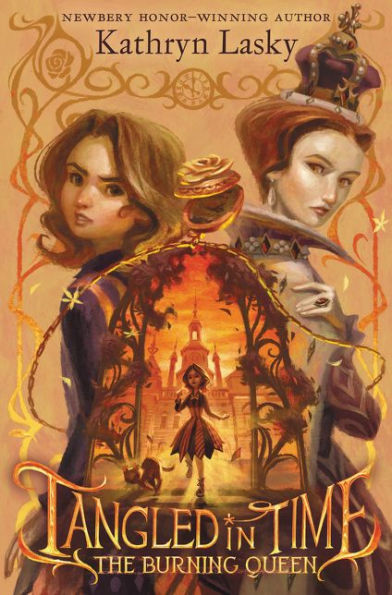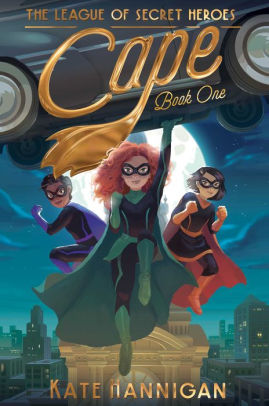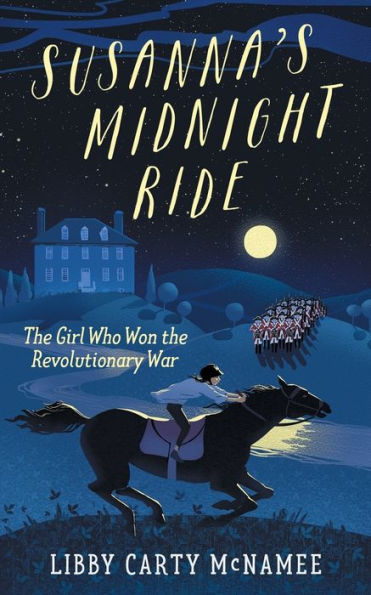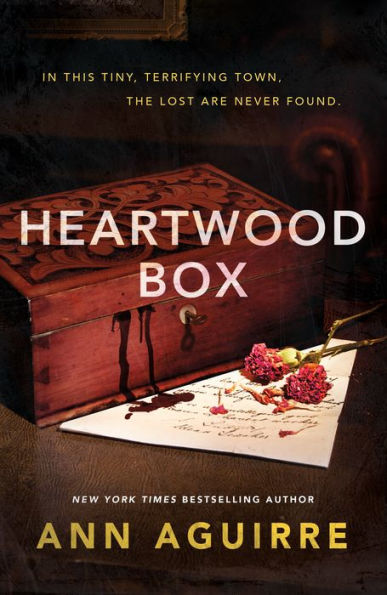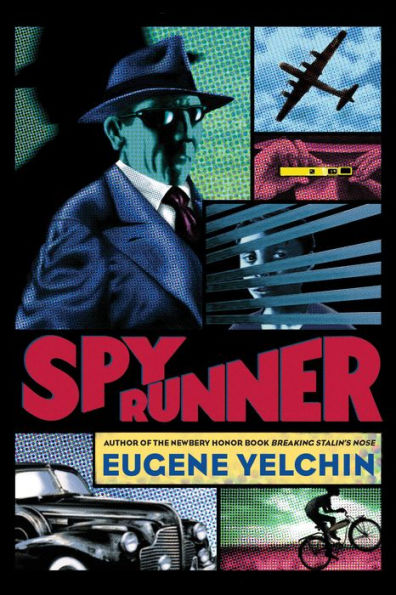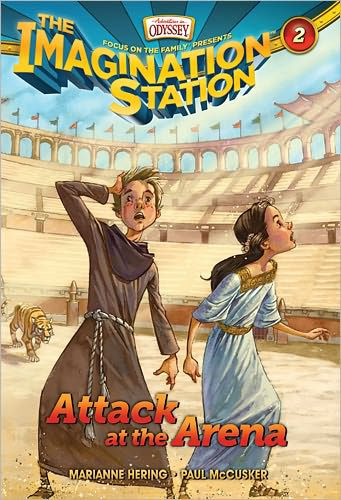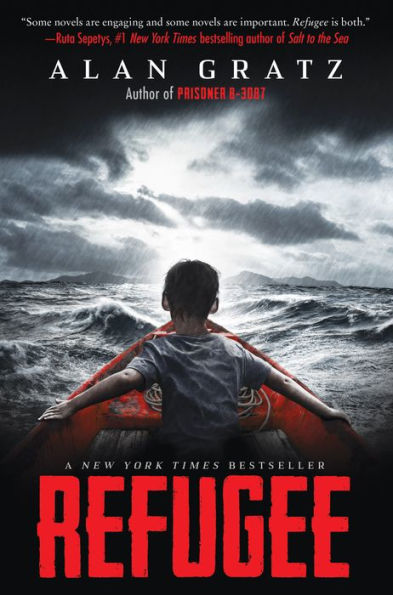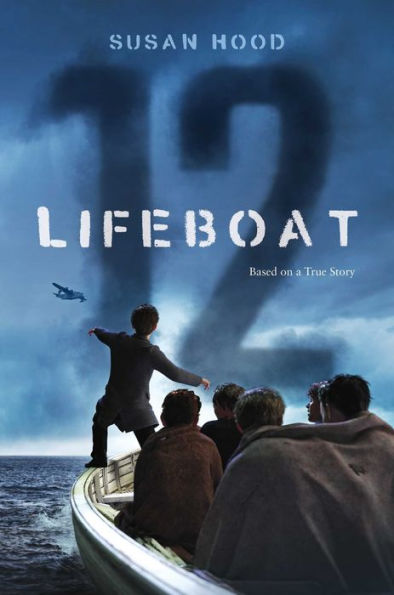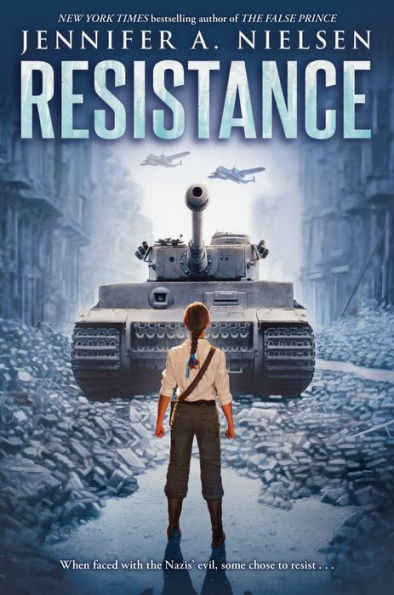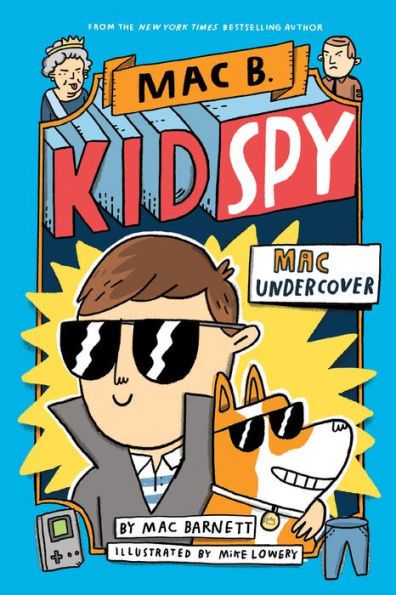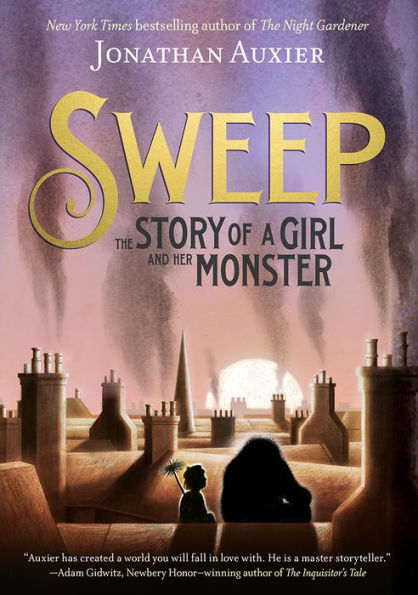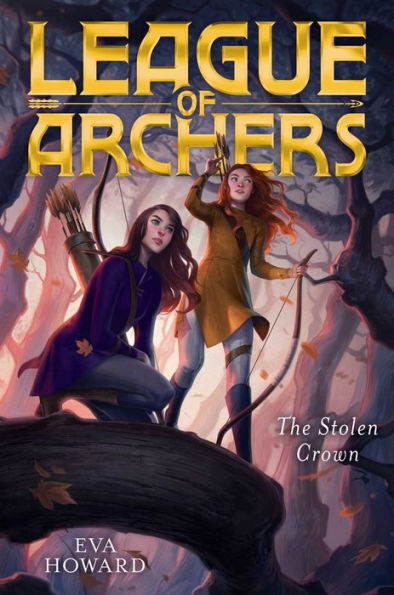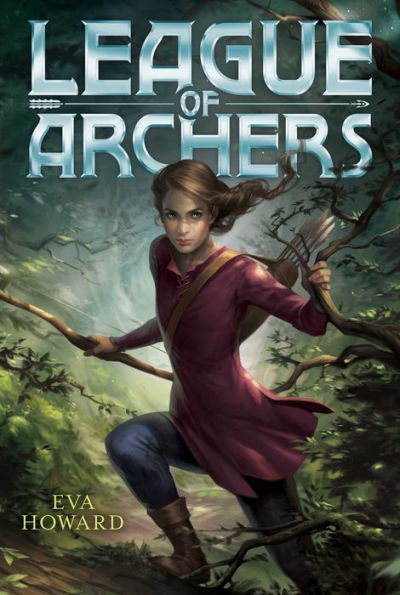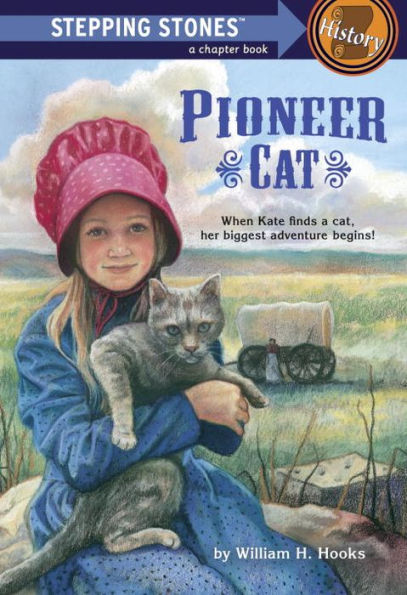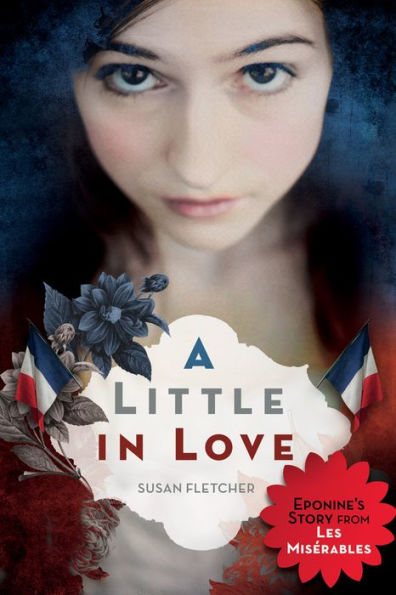On a cold winter night, Iris and her best friend Daniel sneak into the woods to play in the freshly fallen snow. There, Iris makes a perfect snow angel—only to find the crumbling gravestone of a young girl named Avery Moorse right beneath her.
Soon strange things start to happen to Iris. She begins having vivid nightmares. She thinks she sees the shadow of a girl lurking in the night, and she feels the pull of the abandoned grave calling her back to the woods…
Obsessed with figuring out what’s going on, Iris and Daniel start to research their town. They discover that Avery’s grave is actually part of an abandoned black cemetery, dating back to a time when white and black people were kept separate in life—and in death. They become determined to restore Avery’s grave and have proper respect finally paid to Avery and the others buried there.
Unfortunately, they have summoned a jealous and demanding ghost, one who’s not satisfied with their plans. She is tired of being overlooked and wants Iris to be her best friend forever—no matter the cost.
The Forgotten Girl is a heart-stopping ghost story intertwined with the historical significance of racism. As Iris and Daniel research their town’s history, they learn about when their junior high was desegregated and the history of segregated cemeteries. The story delves into history, but the examples of racism are completely integrated into the story and never feel like a lecture. Through the characters’ eyes, readers will be able to understand how racism isn’t always overt, but it is always painful.
The story also shines a light on how grief can change people’s lives. When Daniel’s father dies, Daniel becomes fearful and cautious. He spends more time at home and no longer spends time with his friends. However, Daniel is not the only person affected by a death. When Daniel’s grandmother, Suga, was a teenager, her best friend died during a snowstorm. The loss of her friend caused Suga to become fearful and superstitious. Through their experiences, the reader learns the importance of not allowing fear to control your life.
Iris and Daniel’s friendship will draw the reader into the story, but readers will keep reading because of the creepy events that happen. The Forgotten Girl uses an engaging story to present historical information that is both interesting and relevant. At the end of the book, the author’s note gives historical information about abandoned graveyards and her inspiration for the story. However, sensitive readers should be wary of reading The Forgotten Girl because the ghostly events are frightening; readers will be able to imagine the events happening to them. Despite this, The Forgotten Girl should be on everyone’s reading list because of the historical information and positive lessons.
Sexual Content
- None
Violence
- While doing research, Iris and Daniel learn about when Nelson’s Pond Middle School was desegregated. “There were protests…Avery and the others were spit on, their hair was pulled, and things were thrown at them, when all they wanted to do is go to school. To learn.”
- A ghost tries to drown Iris so they can be “forever friends.” Daniel sees Iris. “Iris’s head broke the surface of the pond, her mouth open to take a loud gasp of breath, before she was pulled back underwater…she’s pushed Iris into the pond and held her under. Iris tries to fight her, but couldn’t, her arms going right through her instead.” Iris survives the attack. The scene is described over six pages.
Drugs and Alcohol
- None
Language
- None
Supernatural
- Suga has many superstitions. Suga believes that “Babies can talk to angels, you know.”
- Suga believes that the snow spirits snatch children. She tells Iris the tale. “When you hear the winter wind, that’s the sound of their screaming. That’s when you’ll know spirits of the snow are ready for their feeding. Wandering children are their prey, lonely in the night. They take the children in the snow, feeding on their fright.”
- When someone drops their fork, that means they will get an unexpected visitor soon.
- Suga tells Iris, “If you looked over your left shoulder and saw a ghost, it was probably the devil. If you looked over your right, it was likely an angel.”
- Suga tells Daniel, “Well, if a ghost is attached to a person, they’ve lost their way to where they were trying to go in the first place… They need to be led to where they need to go, so they can rest. A ghost obsessed with a person is a lost spirit.”
- When Iris and Daniel are lost in the woods, Daniel “silently prayed, thought about his father… Daniel saw a light. He let himself become relieved. He was starting to see houses!” Iris is afraid that the light is a trap, but Daniel “didn’t think so. He didn’t feel afraid. The light felt like basketball and comic books and trying ties and haircuts…” When Daniel touches the ball of light, “a familiar, warm comfort washed over him. He felt the excitement he used to feel from holding a basketball. He felt his dad telling him that it would be all right, that he was proud of him. That he was at peace.”
Spiritual Content
- While sneaking out of the house, Iris “tiptoed down the stairs praying that they wouldn’t creak.”
- When Iris hears a tap-tap-tap, she “prayed that the spirits of the snow wouldn’t come for her tonight in her dreams.”
- Iris falls asleep. When a noise wakes her up, “she stared straight at the ceiling, realizing she’d fallen asleep praying.”
- Iris and her family go to church. “The pastor talked about the importance of helping those in need, talking about some of the community service drives they were holding…” During the church service, “they prayed their benediction.”
- When Daniel’s family go to visit his father’s grave, “Suga closed her eyes in prayer.”
- Before the meal, Iris’s sister “said a singsongy prayer.”
- When Iris sneaks out of the house, the neighbor turned on the porch light and yelled to see if anyone was near. Iris “ran past the neighbors’ house, praying that they were already back in bed, not looking for anyone anymore.”
